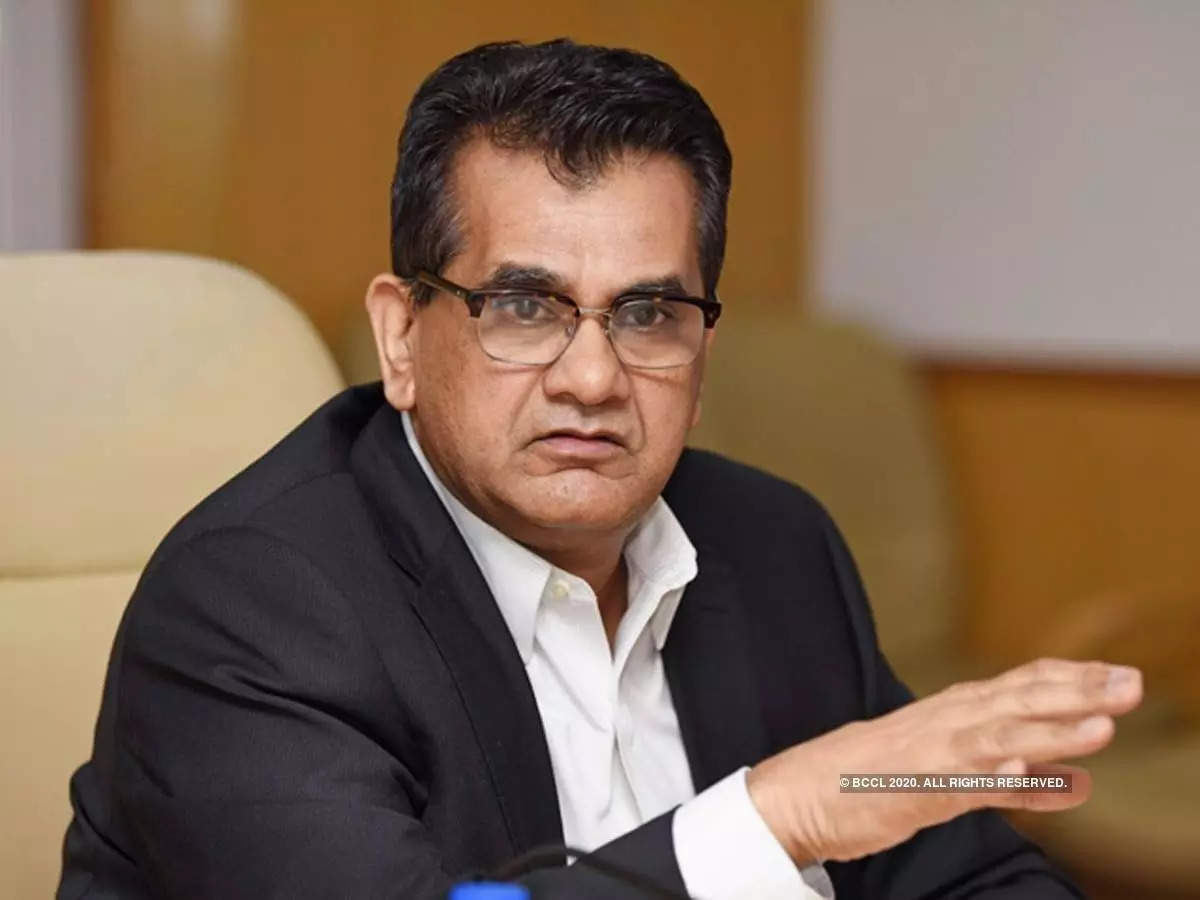
NEW DELHI: China must stop taking positions that block debt relief to some of the world’s poorest nations and be willing to take losses on its loans to them, India said in its capacity as the current Group of 20 leader.
“China needs to come out openly and say what their debt is and how to settle it,” said Amitabh Kant, the sherpa for India during its presidency of the G20 this year. “It can’t be that the International Monetary Fund takes a haircut and it goes to settle Chinese debt. How is that possible? Everybody has to take a haircut.”
About 60% of low-income countries are already in or at high risk of debt distress, according to IMF data. That makes it essential to get China, the biggest bilateral lender to developing countries, to join international efforts to provide financial rescue to these nations. It is with this sense of urgency that the IMF, World Bank and India plan to host an inaugural meeting on global debt issues Friday.
“Debt recast will be one of the issues” that India will focus on in its draft communique following the G-20 meeting, Kant said in an interview Monday.
Getting all lenders on board has been a struggle. The G-20’s blueprint for restructuring the loans — known as the Common Framework — has proven to be a protracted affair so far amid disagreements between the traditional Paris Club lender nations and China. Beijing has called for debt of multilateral lenders such as the World Bank to be included in restructuring of struggling nations’ loans, a move that the lender has firmly rejected.
India opposes China’s unilateral positioning on the issue of debt relief. “You can’t settle the debt bilaterally. You have to sit together with the IMF and other creditors,” Kant said.
Western lenders have already asked China to stop going solo on debt relief. While India and the Paris Club are willing to forgive a certain amount of debt owed by Sri Lanka, China is only offering to extend the repayment schedule.
China calls “on all other creditors of Sri Lanka, especially multilateral creditors, to take synchronized, similar steps,” Mao Ning, a foreign ministry spokeswoman, said in a briefing earlier this month.
World Bank plan
Finance ministers and central bankers will also discuss the World Bank’s plan to expand lending, said Kant, adding that support from US Treasury Secretary Janet Yellen has the “potential to push things.”
Kant’s comments come after Yellen last week deepened her call for an overhaul of the World Bank, urging the lender to more aggressively extend its balance sheet and to work harder at mobilizing private-sector money to help address global challenges like climate change and pandemics.
Read More: Yellen Pushes World Bank to Stretch Balance Sheet in Revamp
“These institutions need to be redesigned,” before higher funding takes place, Kant said. “You need World Bank and IMF to do a lot more credit guarantees. They need to do first-loss guarantees. They need to do a lot of blended finance, which is not happening.”
Multilaterals should focus on indirect lending, Kant said. Changing structure and equity base for multilateral lenders is “time taking,” but what can be done are changes to use existing resources as efficiently as possible, he said.
India Finance Minister Nirmala Sitharaman had said that rebuilding trust in multilateralism will be the nation’s priority during its G-20 presidency.
The 75 poorest nations owed their creditors about $326 billion at the end of 2021, World Bank data released in December show.







